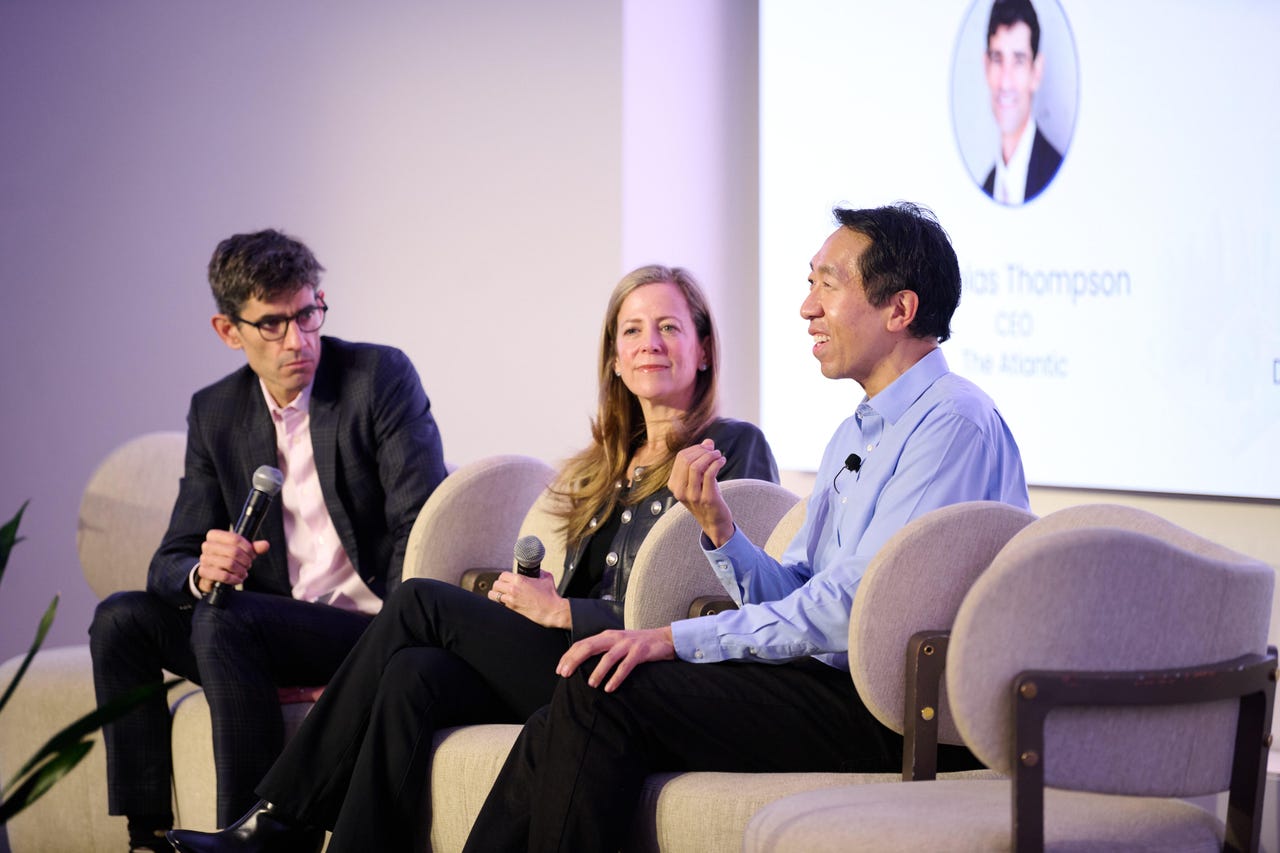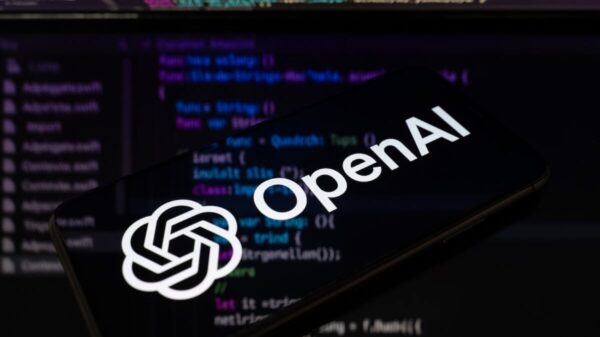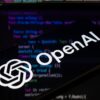The inaugural AI Dev conference, hosted by DeepLearning.ai, took place in New York, featuring insights from Andrew Ng, the founder of Google Brain. In a discussion with ZDNET, Ng shared his perspective on the evolving role of developers in an AI-driven world.
Ng strongly believes that coding remains a vital skill, urging individuals beyond software engineers to acquire coding knowledge. He stated, “Because AI coding has lowered the bar to entry so much, I hope we can encourage everyone to learn to code.” He equated the necessity of basic coding skills to a fundamental understanding of mathematics, suggesting that knowing how to communicate effectively with computers is essential for future careers.
Despite the rise of AI as a coding assistant, Ng highlighted the importance of human intuition in software development. He noted that while AI can assist in the coding process, it lacks the ability to fully grasp human needs and emotions. This sentiment was echoed by other panelists at the conference, emphasizing the shift in developers” roles towards conceptualizing product ideas rather than just writing code.
Ng also addressed the challenges faced by recent computer science graduates, many of whom are struggling to secure entry-level positions. He pointed out that the tech industry has undergone significant changes, especially following the hiring fluctuations during the COVID-19 pandemic. He criticized universities for not adapting their curricula to align with the current demands of the job market, particularly in teaching students how to work with AI tools effectively.
In his keynote address, Ng expressed concern over the public”s perception of AI, acknowledging that fear surrounding the technology persists. He urged developers to engage in transparent conversations about AI”s capabilities and limitations, suggesting that this could help alleviate public anxiety. He attributed much of the fear to misinformation propagated by certain businesses, which he believes has hindered progress in the AI field.
Ng concluded by advocating for a balanced approach to AI governance, emphasizing the need for transparency in large AI companies while cautioning against overly restrictive regulations that could stifle innovation. He called for actionable governance frameworks that prioritize safety without compromising the rapid advancements in AI technology.
See also AI’s Growing Influence in Higher Education: Balancing Innovation and Critical Thinking
AI’s Growing Influence in Higher Education: Balancing Innovation and Critical Thinking AI in English Language Education: 6 Principles for Ethical Use and Human-Centered Solutions
AI in English Language Education: 6 Principles for Ethical Use and Human-Centered Solutions Ghana’s Ministry of Education Launches AI Curriculum, Training 68,000 Teachers by 2025
Ghana’s Ministry of Education Launches AI Curriculum, Training 68,000 Teachers by 2025 57% of Special Educators Use AI for IEPs, Raising Legal and Ethical Concerns
57% of Special Educators Use AI for IEPs, Raising Legal and Ethical Concerns Lingnan University and The University of Sydney Urge Overhaul of Education for AI Era
Lingnan University and The University of Sydney Urge Overhaul of Education for AI Era








































































